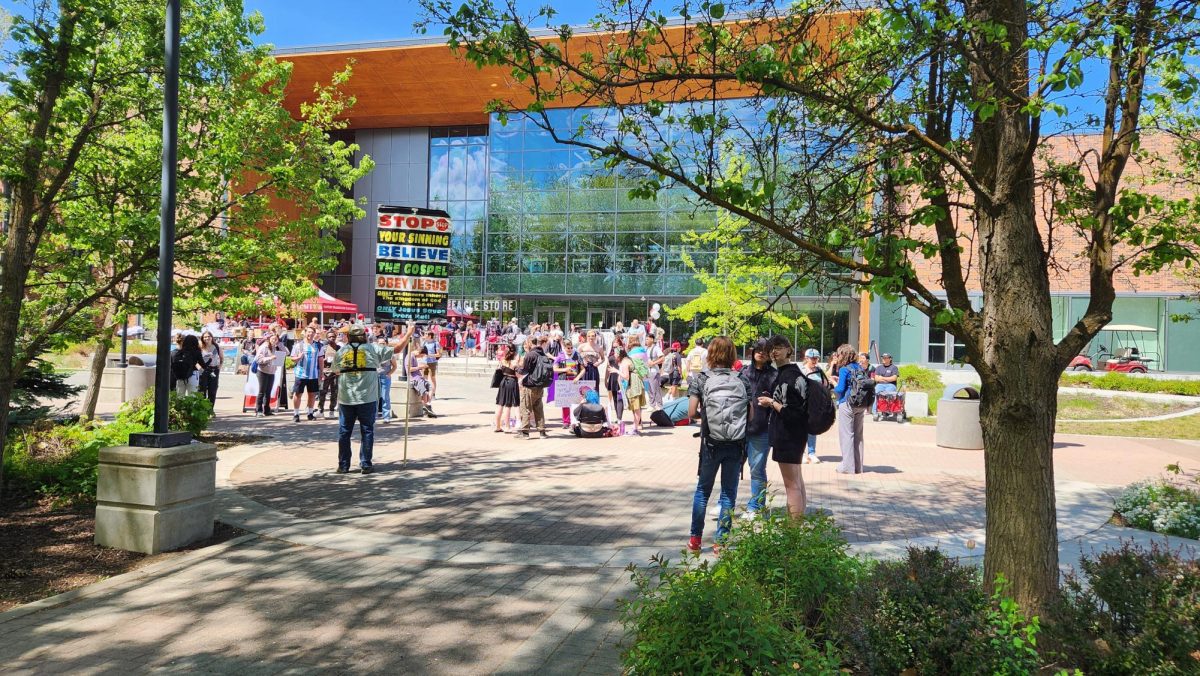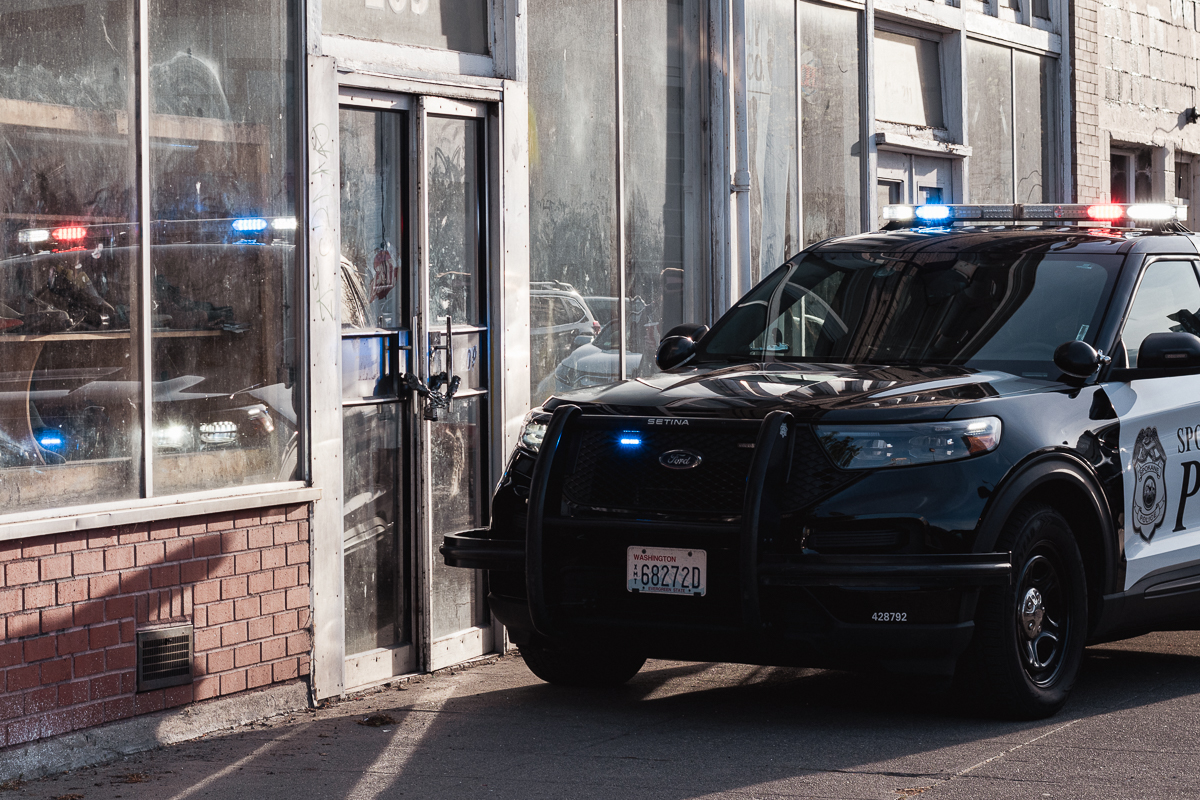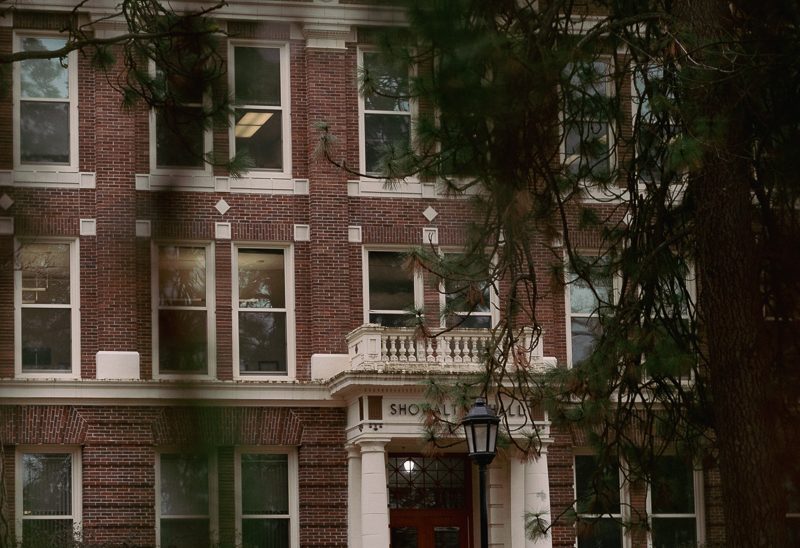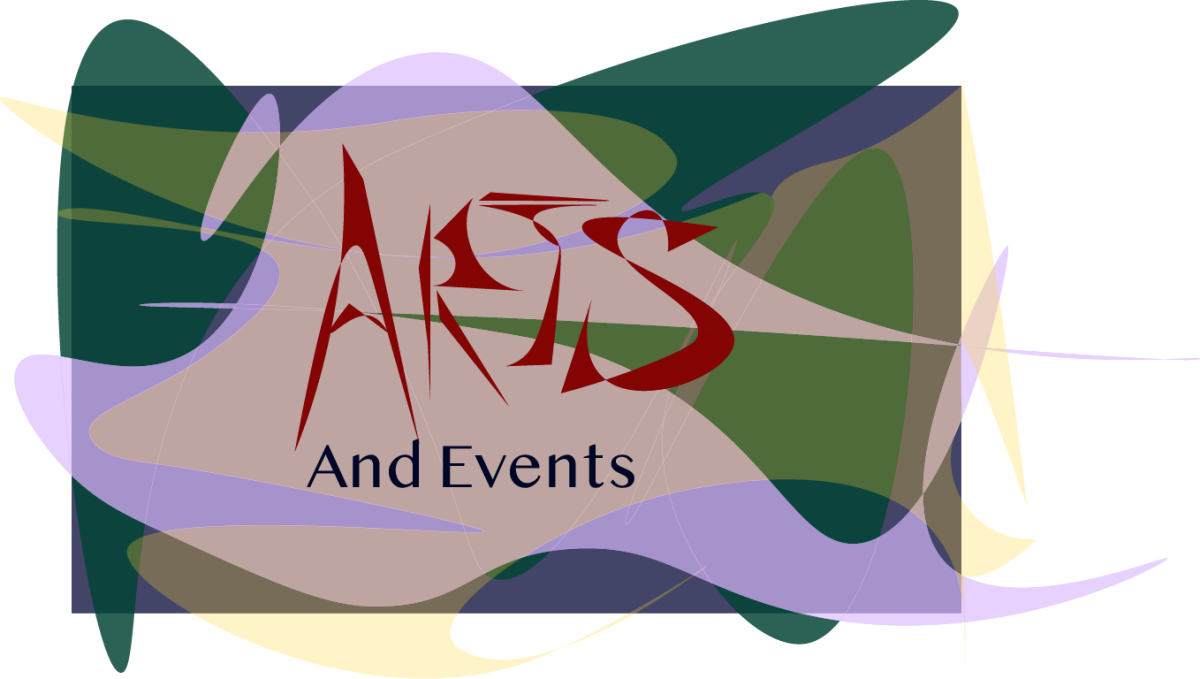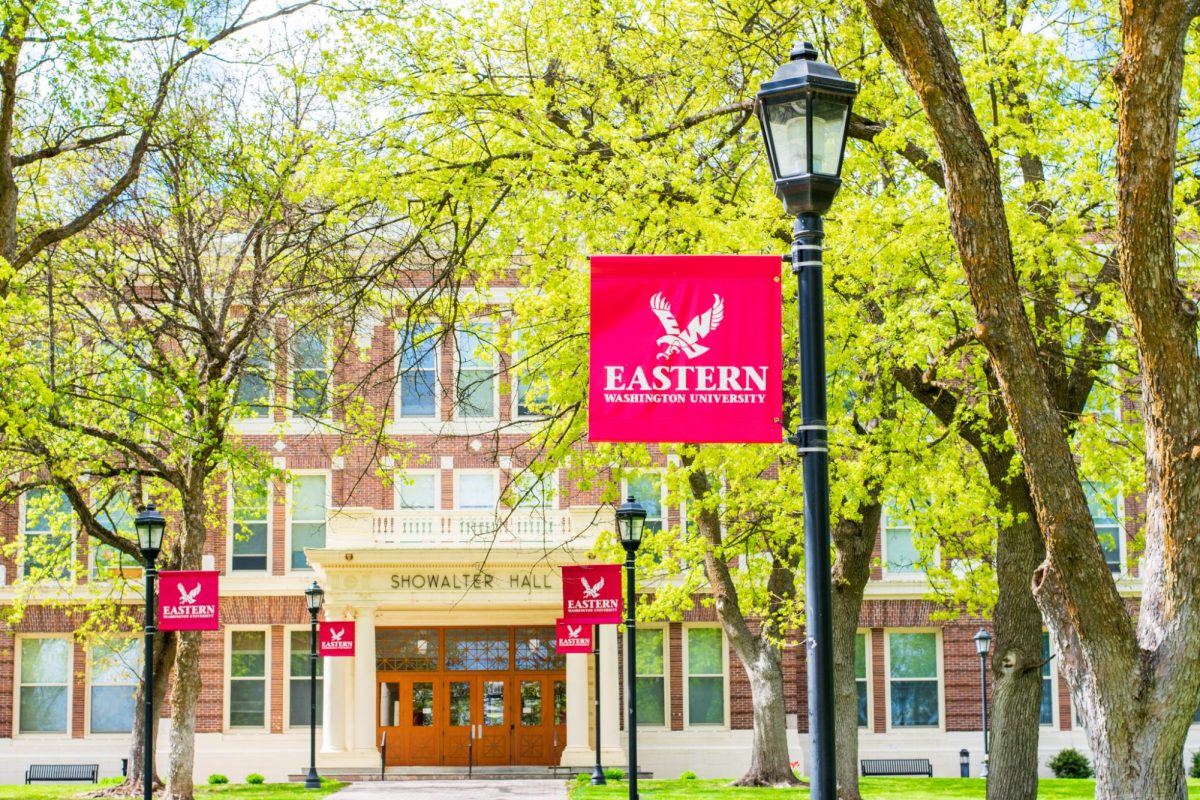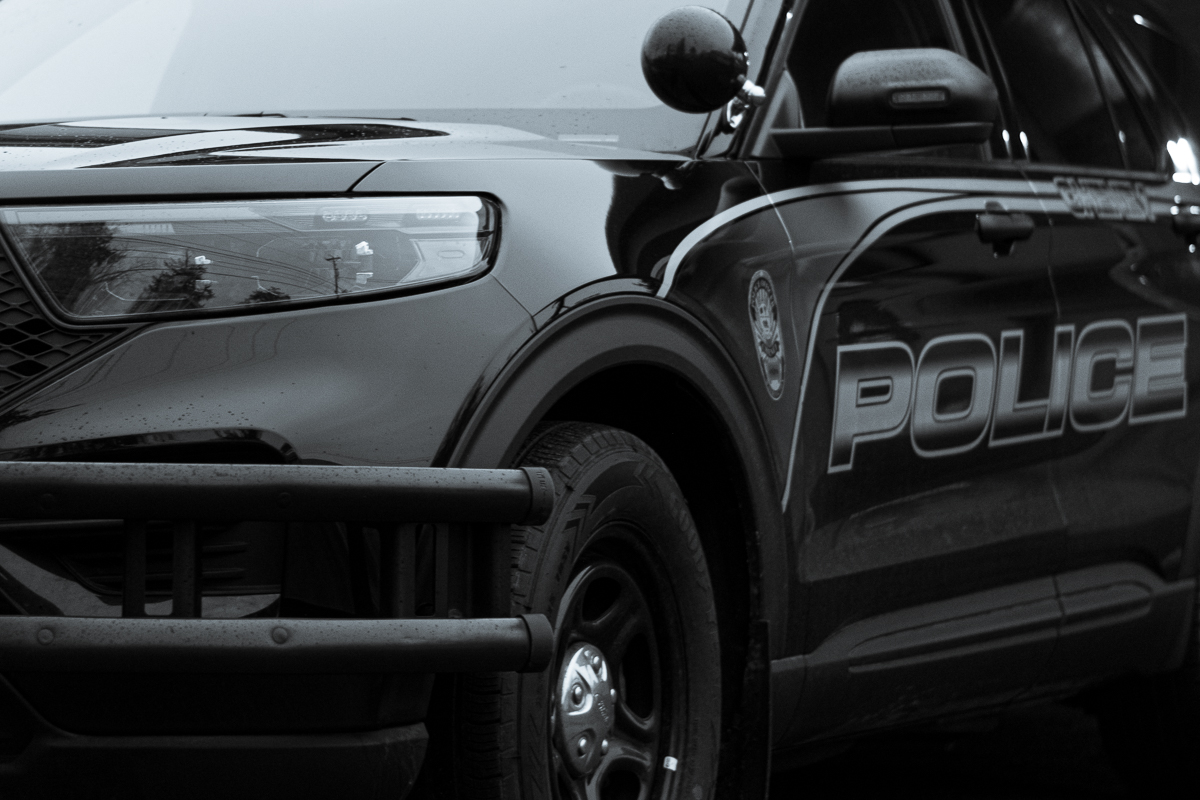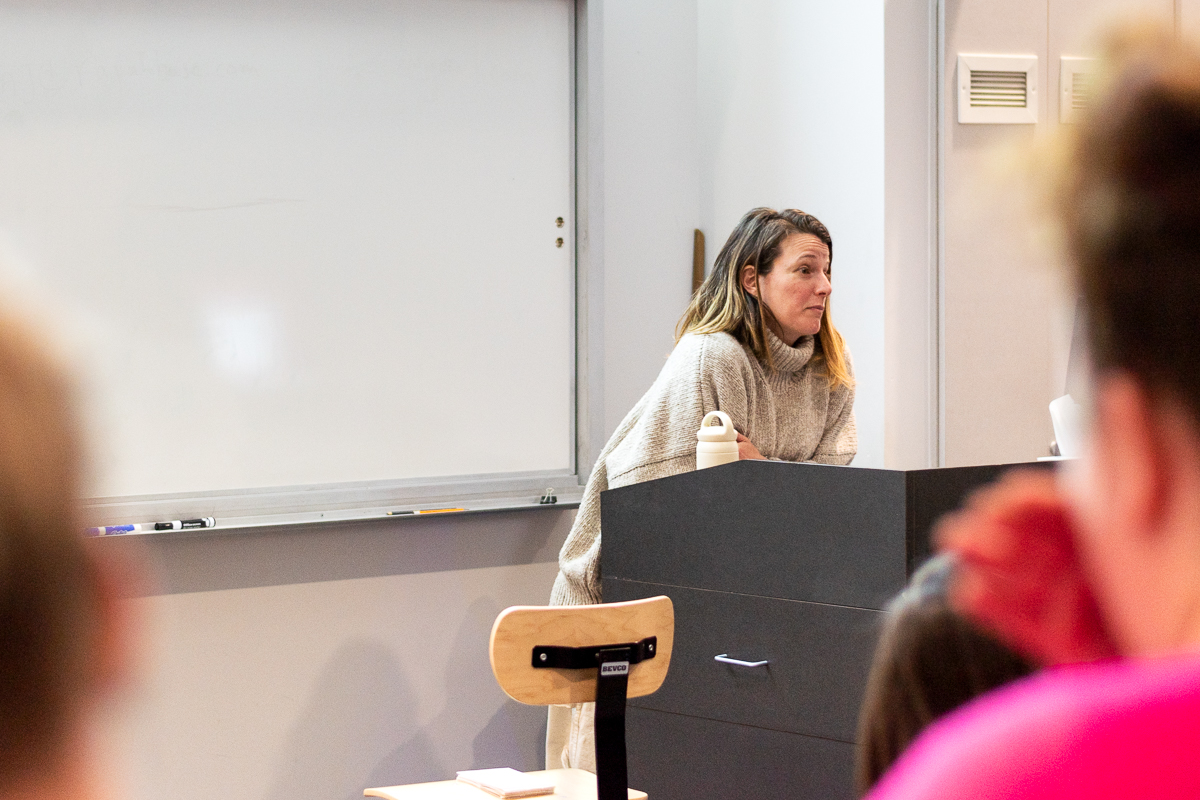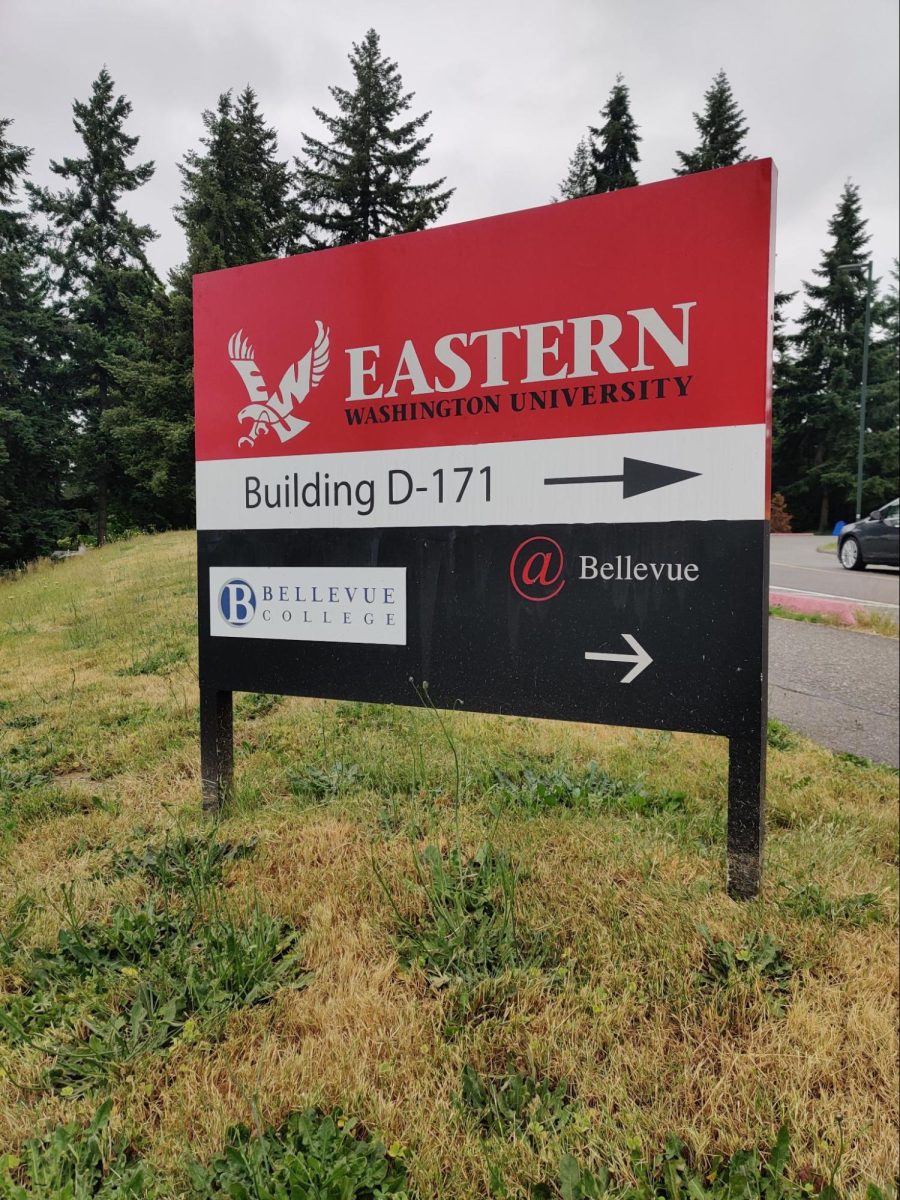Eastern students spent Election Day at the temporary Associated Press’s vote entry center in the PUB multi-purpose room answering phone calls and entering poll data from stringers in different precincts around the country.
Journalism professor emeritus Steve Blewett has been involved with the AP vote entry center since it was first brought to Eastern in 2000.
“When I was the [journalism] program director in 2000 … Ann Joyce, who was the AP western region elections coordinator, called,” Blewett said. “Every general election year, she used to travel around seven western states for AP and set up call centers in each state to handle the same thing we do now at Eastern.”
The AP decided to consolidate the centers into one central location. Joyce, who lived in Spokane, called each journalism department director at the all area colleges and universities. Blewett quickly responded, and the university agreed to use Eastern as a vote entry center.
“AP was very happy with the way Eastern supported it, and we were happy we could give this opportunity to the students, and so we’ve been doing it ever since,” he said.
This year, Eastern students were in charge of entering statewide poll data from 22 states.
“We handled the election returns from every county in each of those states. In each one of those counties, AP had hired a stringer … to check with the county election officials and gather the results of the state-wide races,” Blewett said. “Students at any one of the phones were handling a certain number of states.”
When stringers called with poll data, the student would ask which state they were calling from, go to that state’s site on the computer and enter the reporting unit number and county the stringer was calling in from.
Once that was established, they would ask how many precincts were reporting. They would then enter the results for each candidate and end their call with that stringer.
“They’d log off that site and wait for another phone call. Throughout the entire evening, they would be getting phone calls from different states and different counties in different states until all those precincts had all of their results in,” Blewett said.
Students were paid $12 an hour for training and hours logged on Election Day.
Senior computer science major Alejandro Duran said, “My teacher in math class told us about it, and I kind of needed money.”
Duran was one of 220 students to show up at 7 a.m. Nov. 3 for training.
“It was really hands-on. I didn’t expect it to be like that,” Duran said. “I was just expecting a packet, [and we would] just read through it. But they actually had us go through actual calls and stuff.”
Laura Ueckert, who worked at the call center until 11:45 p.m. on election night, is a junior taking Blewett’s Public Relations Theory class.
“He said, ‘I expect you to do this,’ so I did it,” Ueckert said laughing. “I didn’t realize how big it was going to be, but it turned out to be a really cool thing.”
Blewett said some students stayed as late as 1:30 a.m. to enter data from western states like Alaska and California.
Ueckert said the most difficult part of the experience was fielding calls from stringers who asked too many questions.
“I would be going through the script on the computer, and the stringer would ask me questions about their job, or ask me another more specific question about the script that I was being fed,” she said. “Which was kind of hard because that wasn’t part of my job. I didn’t know specific things like that.”
Ueckert said she would urge students to put forth effort to be involved in politics.
“It’s not difficult to get involved. I’m naturally a lazy person.” she said, “Like filling out my ballot and just getting up at 6 a.m. to go to the training and sit there for hours. It just takes just a little bit of effort, but it’s easy once you do it.”
Blewett said students benefit from participating in multiple ways, including the paycheck and the opportunity to include it on a résumé. He also said they benefit by learning more about the electoral system.
“From an educator’s point of view, they’re involved in the election processand they learn more about the American electoral system and become a part of history,” he said. “I think that’s good. Any time we can get young people to really begin to understand the way our electoral process works and to become a part of it, that’s important.”





![Simmons said the biggest reasons for her success this year were “God, hard work, and trusting [her] coach and what she has planned.”](https://theeasterner.org/wp-content/uploads/2024/05/image1-1-1200x800.jpg)


